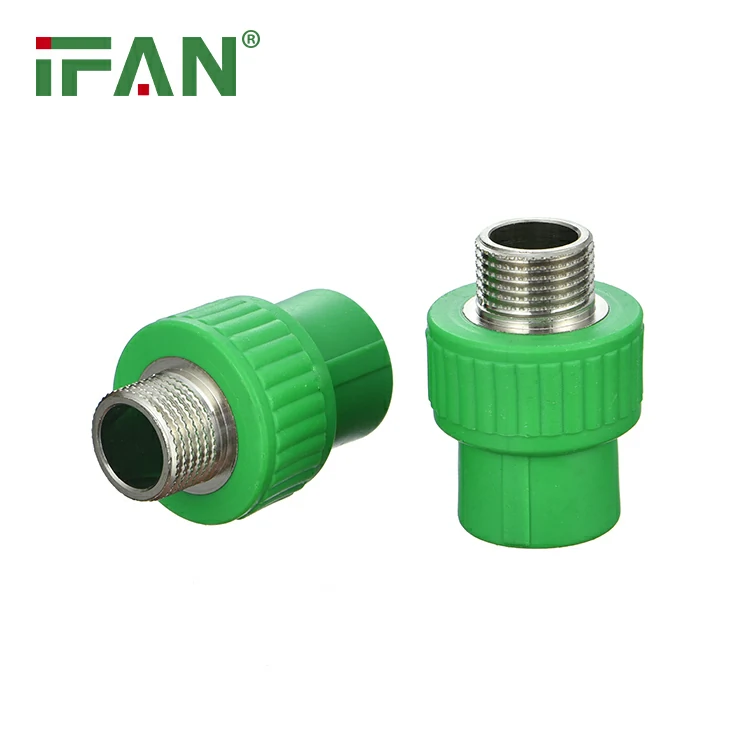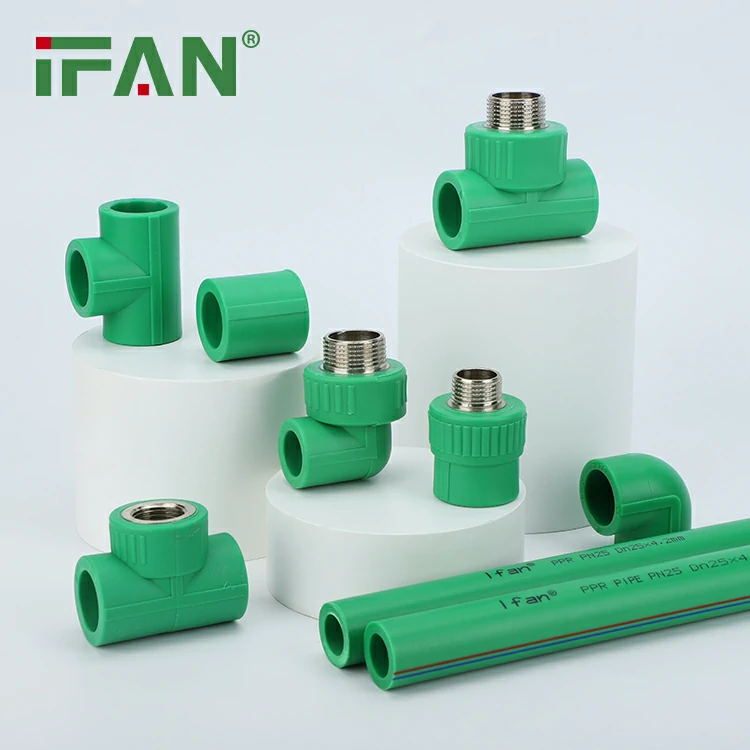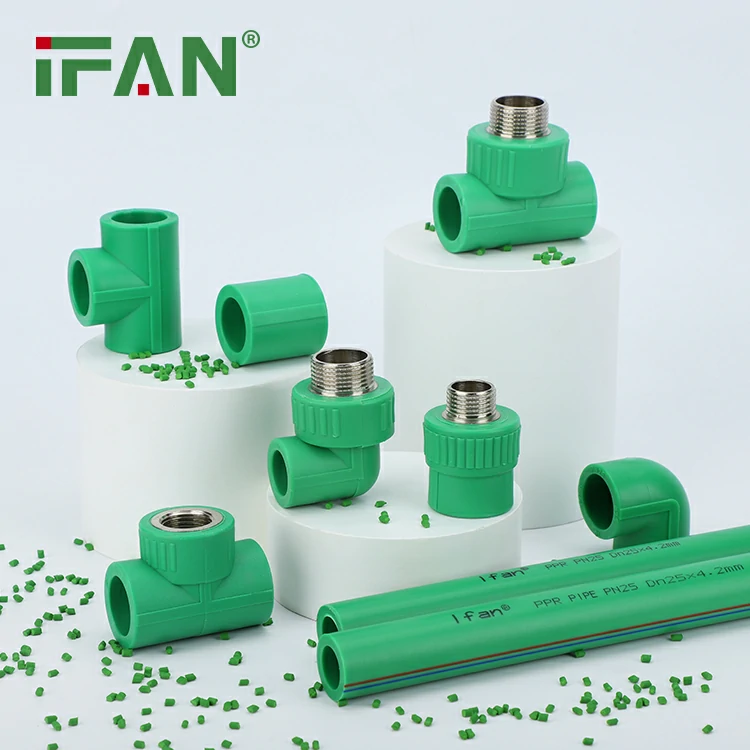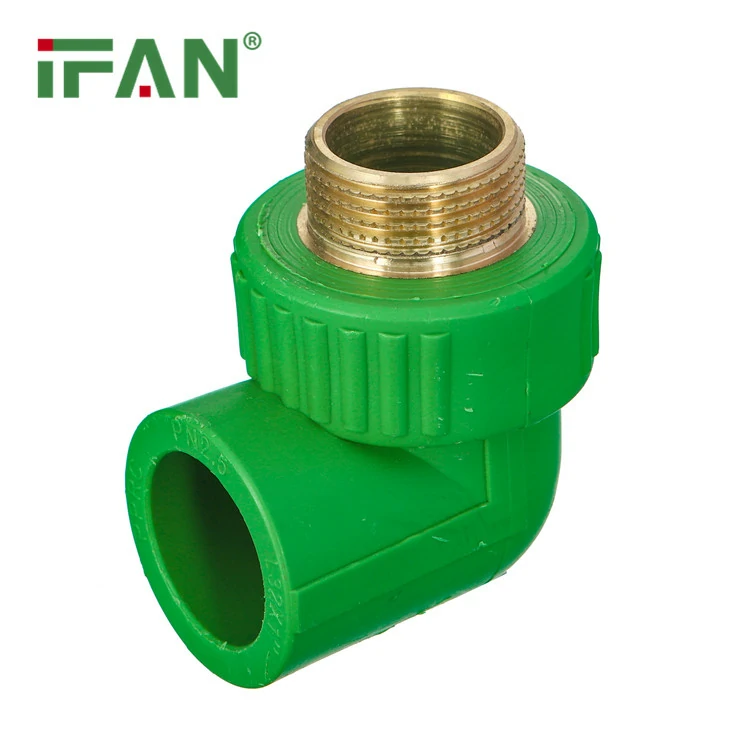What is PP vs HDPE
Understanding the Differences between Two Popular Plastic Materials
Introduction
In the world of plastics, it can be challenging to differentiate between the various types of materials available. Two of the most popular materials used for plastic products are polypropylene (PP) and high-density polyethylene (HDPE). Both materials have their unique properties, and understanding these differences allows you to make informed decisions when selecting the appropriate material for your project. In this article, we will explore the differences between PP and HDPE.
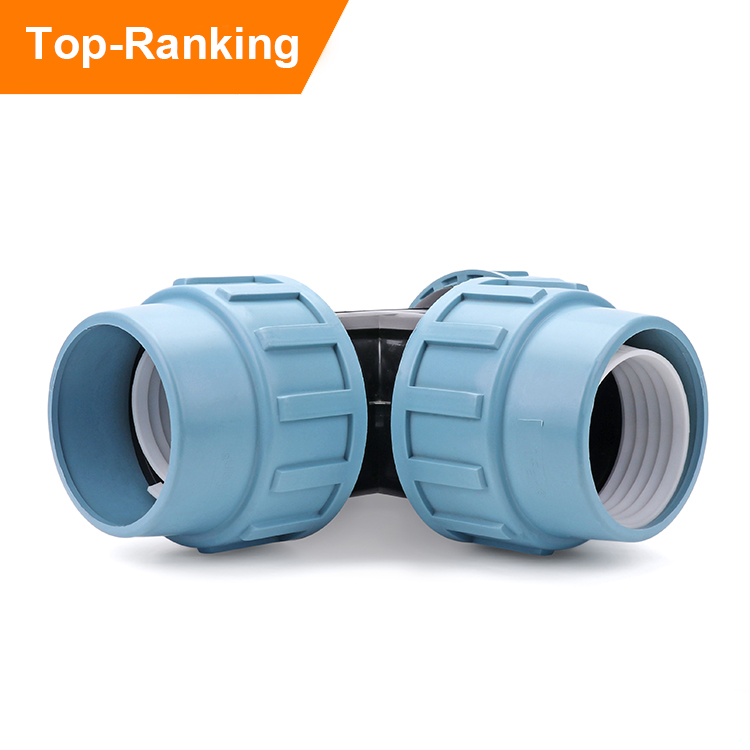
What is PP (Polypropylene)?
Polypropylene, commonly referred to as PP, is a thermoplastic made from a combination of propylene monomers. PP is known for its high strength and durability, making it a popular choice for everyday products such as plastic packaging, toys, and automotive components. PP is also relatively lightweight and resistant to chemicals and moisture, making it an ideal option for harsh environments.
What is HDPE (High-Density Polyethylene)?
High-density polyethylene, or HDPE, is a thermoplastic made from petroleum. HDPE is known for its strength and toughness, making it an ideal material for outdoor products such as water pipes, plastic lumber, and playground equipment. HDPE is also resistant to UV radiation and can withstand temperatures ranging from -40°C to 80°C.
Differences between PP and HDPE
While PP and HDPE have many similarities, several key differences set them apart.
- Strength and Durability – HDPE has a higher density than PP, making it stronger and more durable. While PP is still a strong material, it is not as rigid as HDPE.
- Temperature Resistance – HDPE can withstand a more extensive temperature range than PP. HDPE can withstand both high and low temperatures, making it ideal for outdoor applications, while the temperature range of PP is more narrow.
- Chemical Resistance – PP is resistant to most acids, bases, and organic solvents, while HDPE has a high resistance to caustic and acidic solutions.
- Cost – Generally, PP is less expensive than HDPE, but the cost may vary depending on the application.
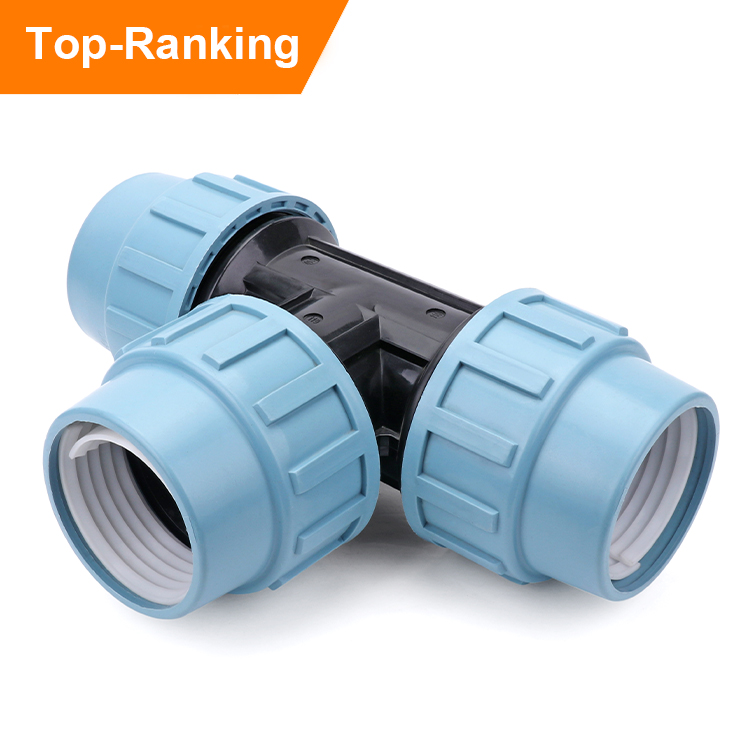
Conclusion
In summary, both PP and HDPE are versatile and widely used plastic materials. While PP is preferred in applications where moisture resistance and resistance to organic solvents and acids are required, HDPE is preferred where strength, rigidity, and UV resistance are critical. Understanding the critical differences between these two materials will help you choose the best fit for your project.

